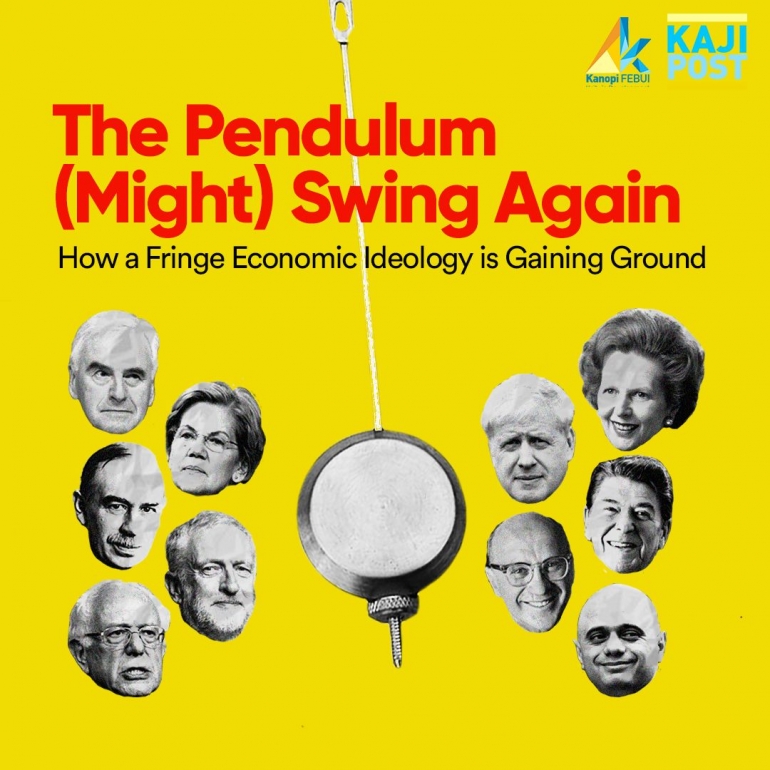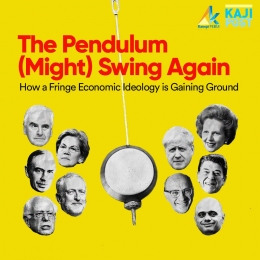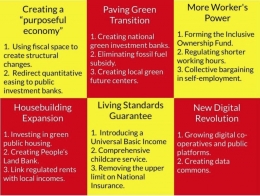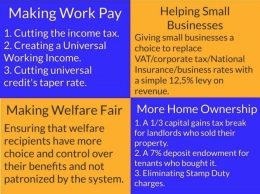This term is a set of free-market reforms that create a meritocratic society (Colville, 2019:2). It was an ideology, "nothing less than a crusade to enfranchise the many in the economic life of the nation." Thus, Popular Capitalism involves several market-based policies (Colville, 2019:36-41).

Both have the same goal. These examples show their difference in delivering them. NEM would guarantee economic powers to local bodies and schemes. They become third-party representations of individuals. In contrast, Popular Capitalism gives economic powers back to each individual. In NEM, trade unions/local bodies would choose for their members. But Popular Capitalism lets each individual make their own choice.
"NEM see you as a part of aggregations. Popular Capitalism sees you as a sovereign being."
This is a powerful message in itself. Governments need to have the courage to reconvey that message. Without that courage, the whole world would fall into the labyrinth of socialism.
Oleh: Rionanda Dhamma Putra | Ilmu Ekonomi 2019 | Trainee Kajian 2019
REFERENCES
- Colvile, Robert. (2019, September 27). Popular Capitalism. Retrieved from https://www.cps.org.uk.
- International Monetary Fund. (2018, June 15). Assessing Fiscal Space: An Update and Stocktaking. Retrieved from https://www.imf.org.
- Martin, John Levi. (2015). What is Ideology?. Retrieved from http://home.uchicago.edu.
- New Economics Foundation. (2018). AN ECONOMY FOR THE PEOPLE, BY THE PEOPLE. Retrieved from https://neweconomics.org.
Baca konten-konten menarik Kompasiana langsung dari smartphone kamu. Follow channel WhatsApp Kompasiana sekarang di sini: https://whatsapp.com/channel/0029VaYjYaL4Spk7WflFYJ2H










